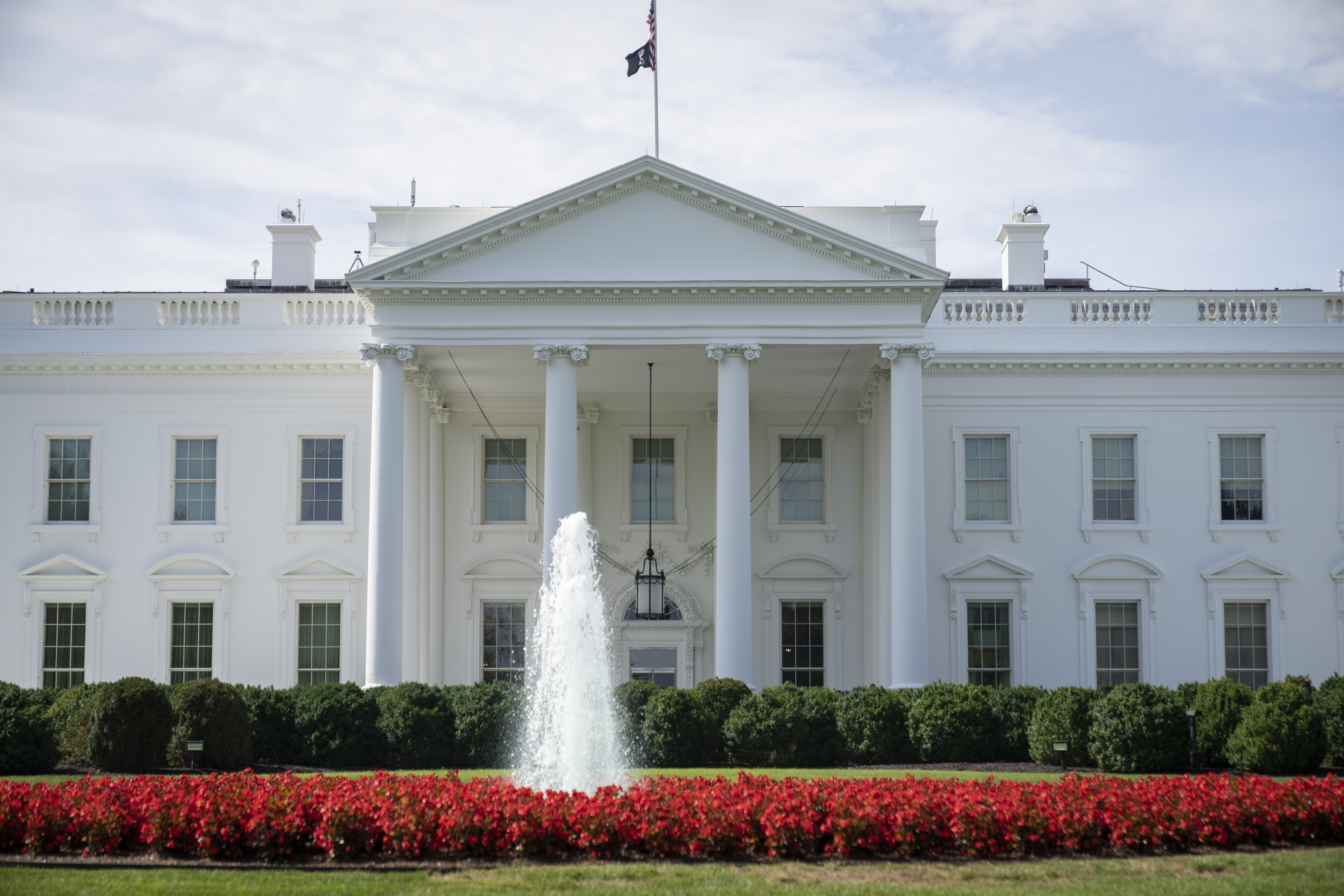White House requests $47 billion in aid for Ukraine, virus fights and natural disasters
The White House said it is asking that the continuing resolution Congress also provides funding for “immediate needs” in the first quarter of fiscal year 2023.


The Biden administration is requesting $47 billion in funding from Congress to aid Ukraine, combat Covid-19 and monkeypox, offer relief for natural disasters.
The White House on Friday urged Congress to pass a short-term continuing resolution to keep the government open past the end of the 2022 fiscal year on Sept. 30, when current funding will expire, administration officials said. The White House said it is asking that the continuing resolution Congress also provides funding for “immediate needs” in the first quarter of fiscal year 2023, such as aid to Ukraine and Covid relief.
In the funding request, the White House will seek $11.7 billion in Ukraine security and economic assistance, $2 billion to address the effects of Russia's war on domestic energy supply, $22.4 billion for the domestic fight against Covid-19 and $3.9 billion for domestic efforts to fight monkeypox — as well as $600 million to combat the monkeypox spread globally. The administration is also requesting $6.5 billion to aid recovery for recent natural disaster events, such as major flooding in Kentucky and wildfires in California.
“This Administration will continue to work with members of both parties in Congress to meet these critical needs for the American people, and we look forward to reaching a bipartisan funding agreement that advances national priorities in the coming fiscal year,” White House Office of Management and Budget Director Shalanda Young said in a blog post Friday.
Congress passed a $40 billion military and humanitarian aid package in May for Ukraine that provided a wide range of programs, including weapons and assistance to Kyiv amid its efforts to repel a Russian invasion. Young said that to date, roughly three-quarters of the aid Congress had provided to aid Ukraine has been disbursed or committed, and that those resources were only intended to last through September.
“We have rallied the world to support the people of Ukraine as they defend their democracy and we cannot allow that support to Ukraine to run dry,” she said.
The Covid-19 funding request comes after months of unsuccessful attempts by the White House to get Congress to bolster the administration’s response to Covid-19, from which an average of about 400 people continue to die each day. The administration has already announced it will stop its program sending out free at-home Covid-19 tests due to lack of funding, and said that it will have to stop paying for vaccinations soon, shifting the cost onto consumers and their insurers.
“Without additional funding, we will have to make even more difficult decisions,” an administration official said Friday.
The request for nearly $4 billion to fight the monkeypox virus comes as the administration is struggling to contain the ongoing outbreak, which has infected roughly 20,000 across the U.S. The administration’s response has been hampered by hard-to-access testing early in the outbreak and a shortage of the FDA-approved monkeypox vaccine.
In a report released Thursday by the Centers for Disease Control and Prevention, the agency noted that the number of new cases showed signs of slowing, but also warned that, if not contained, “low-level transmission could continue indefinitely.”
“While we have accelerated the distribution of hundreds of thousands of vaccines, made testing more available, and expanded access to tens of thousands of courses of treatment to reach the highest-risk population, we cannot let up until we end the current outbreak and are prepared for future monkeypox or smallpox outbreaks,” Young said in the Friday blog post.
Administration officials said Friday that passing the short-term funding request would provide Congress with additional time to come to a decision on longer-term funding for fiscal year 2023. But getting Democrats and Republicans in Congress to agree on even a short-term stopgap spending bill could prove difficult, especially if it includes certain energy permitting provisions. If the two parties can agree on a short-term bill, a second funding clash for the remainder of fiscal year 2023 could arise in Congress’ post-election “lame-duck session.”












